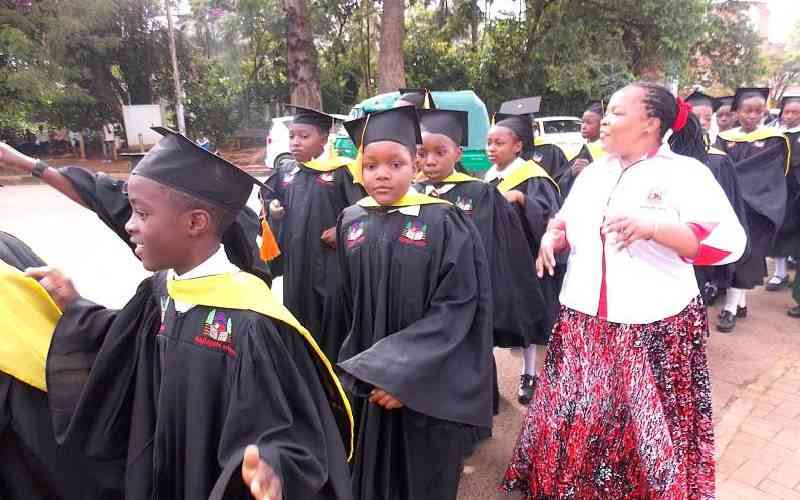×
The Standard e-Paper
Join Thousands Daily

A teacher's union has faulted the rollout of junior secondary school (JSS) terming it a flop, one year after the transition.
Kenya Union of Post Primary Education Teachers (Kuppet) said it was wrong to have domiciled the JSS in primary schools claiming that for the last year, proper learning did not take place.